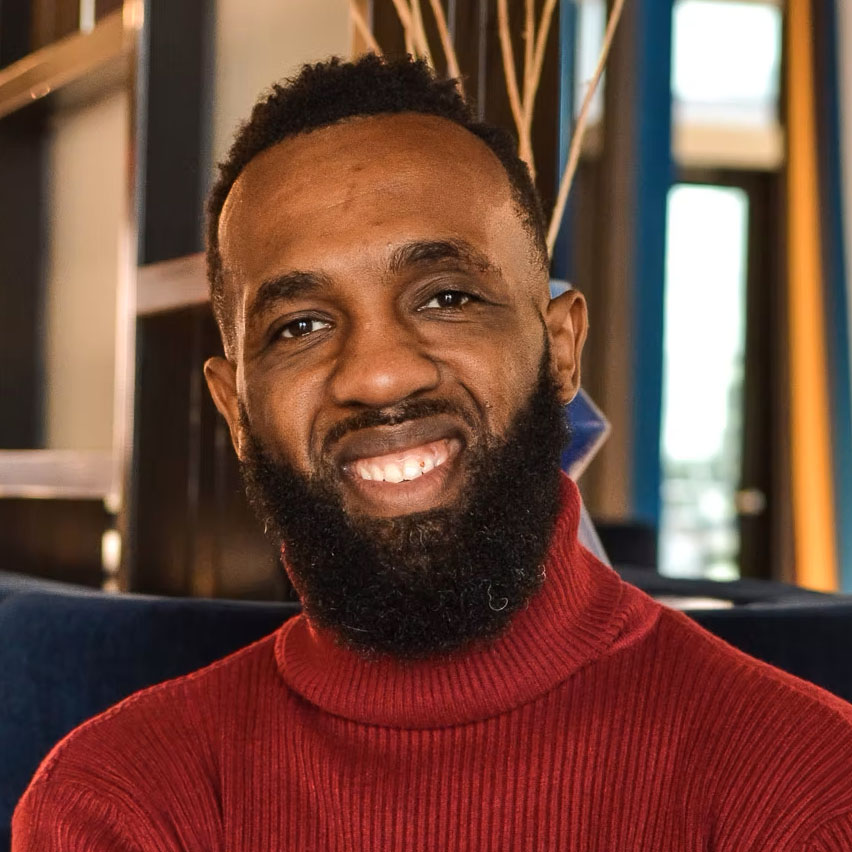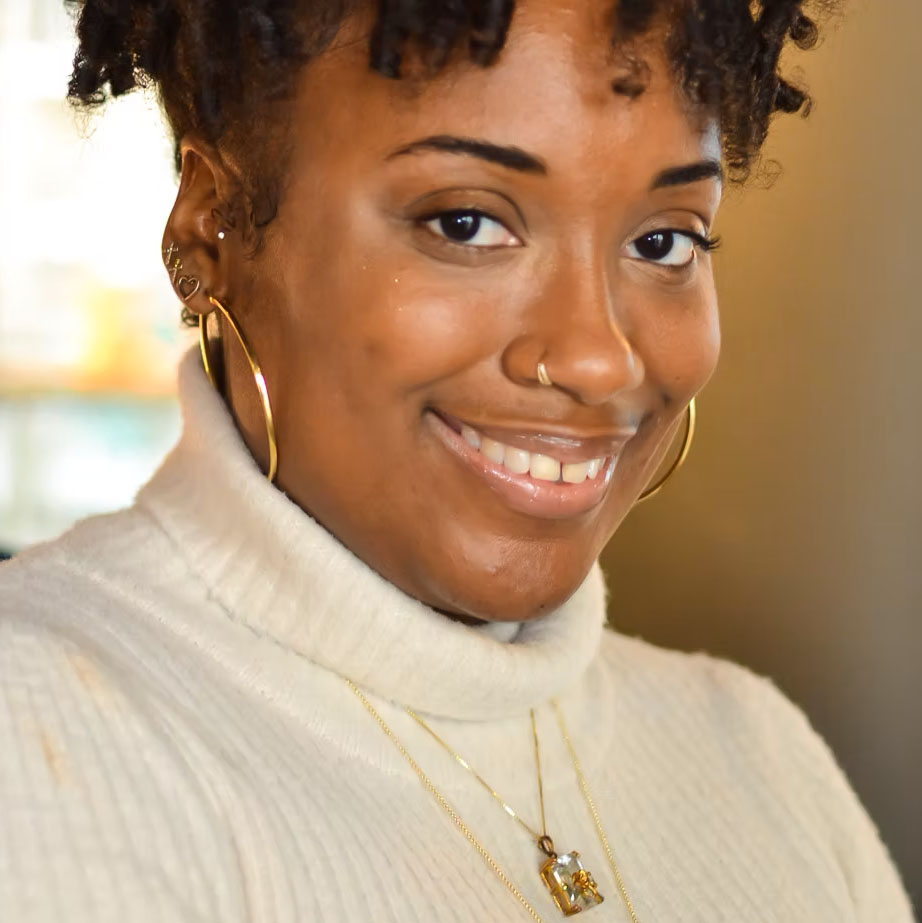Session Details
Training Tomorrow's Prevention Leaders: Insights from the Black Boys Better Youth Ambassador Program
2:00 PM to 3:00 PM

Creative Connections
chris@ourcreativeconnections.com

Creative Connections
kristi@ourcreativeconnections.com
The workshop will highlight the Black Boys Better Youth Ambassador Program, an innovative, culturally responsive initiative designed to engage and empower Black boys through mentorship, mental health awareness, and leadership development. Centered in Georgia, this program equips middle and high school students with knowledge and tools to navigate life challenges, including opioid misuse and suicide prevention, while promoting community resilience and identity pride. The Black Boys Better Youth Ambassador program has leveraged the knowledge and access of Black boys to receive mental health education and support their peers. Through this approach, the program's goal is for youth to be trained on opioid and substance use prevention strategies, to then teach and inspire their peers and the communities that they're a part of. Long-term goals include educating the Ambassadors on career opportunities that are within their reach, such as social workers, licensed professional counselors, therapists, and peer specialists. Career education and workshops are led by Black licensed psychologists and mental health practitioners who work with Black and Brown communities, uniquely positioning the Ambassadors to learn from those with lived experience. Through the ambassador program, peer-led activities are created to encourage Black students to enter and stay in the mental health field, addressing workforce disparities.
Participants will explore the program’s framework, including strategies used to successfully recruit youth participants and community partners. Presenters will share tangible program successes such as school-based partnerships, development of a youth-led curriculum, and the implementation of peer ambassador models. The session will also address challenges faced during implementation, such as maintaining consistent engagement, navigating school system constraints, and ensuring culturally safe spaces for honest conversation.
1. Addressing practical strategies for recruiting and retaining Black male youth in leadership-based prevention programs
2. Identifying lessons learned in building trust with schools, caregivers, and community partners
3. Providing examples of youth-driven solutions and programming that promote protective factors
4. Developing tools for sustaining momentum and youth voice in community health efforts
